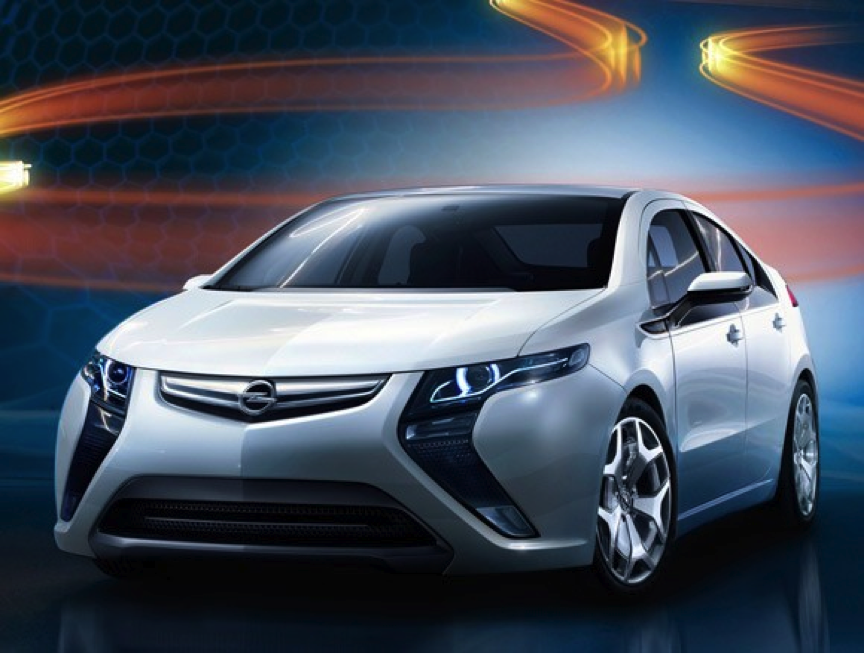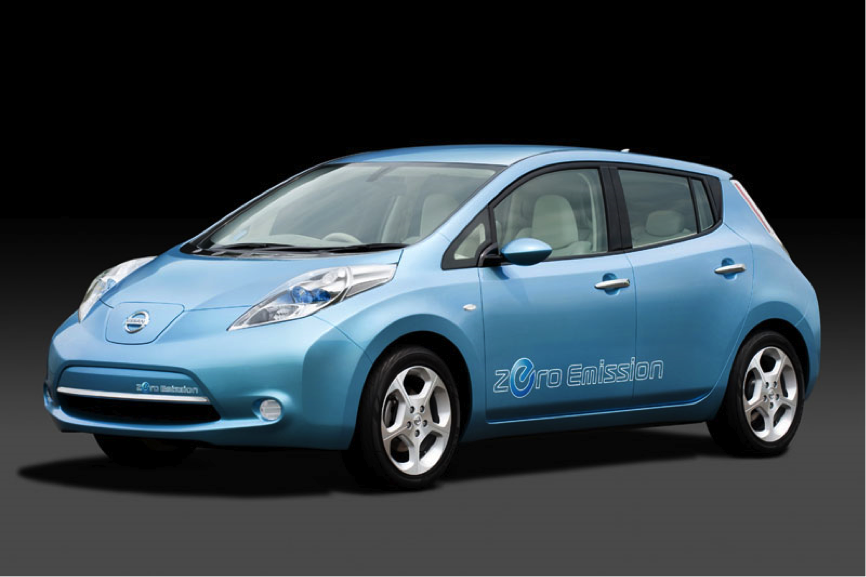Electric cars. For years they’ve been a pipe dream; an experiment, something for Jeremy Clarkson to laugh at. By 2012 however, that could all change, with the imminent release of a couple of vehicles…
Earlier this year, Vauxhall offered its Ellesmere Port staff an opportunity to see the new hybrid car, the Ampera, ahead of it going into mass production, and Nissan’s Leaf is being debuted in the US and Japan at time of writing.
When these vehicles hit these shores however, picking one up might well be worth the money if you’re looking to buy a new car: Nearly every single European country are offering to subsidise electric vehicles in some way or another, and they’re keen to try to tempt people to switch to a newer, more environmentally friendly vehicle, as the technology within them is likely to represent the way transport will be powered in the future – although admittedly not for some time yet.
By 2020, Nissan Motor Company estimate that no more than a tenth of the traffic worldwide will be electric powered – and even this paltry number is considered optimistic by many people within the industry, who think that electric vehicles are likely to be a niche product for the foreseeable future as the general public refuses to change. Nissan are very keen to focus on the upsides of hybrid and electric vehicles however; when asked about how far the Leaf can travel on a single charge (Otherwise known as range), spokesmen for the company focused on the fact that you would never need to travel to a petrol station instead of discussing the fact that with the aircon on, the Leaf can only be expected to do around 80 miles in motorway conditions. Vauxhall’s Ampera contains a small petrol motor that keeps the battery charged, and whilst this is not a completely emission free system, the amount of fuel (and the emissions produced) are miniscule compared to a standard petrol car.
The Ampera recently completed the longest journey in the UK by an electric car, making a 160 mile journey under its own power from Luton to Ellesmere Port.
So where is electric motoring going in the future? Right now, it’s very difficult to predict. Electric cars are only just now starting to be seen as a credible alternative to “old-fashioned” petrol propelled vehicles, especially as anything more than a city runabout. Part of the reason the adoption rate has been quite low is the fact that every element of motoring would need to change to accommodate them – from car insurance to fuel, garages and car rental.
It is clear that electric cars are going to take some time to fit in, but one day electric vehicles will have to become a contender to petrol vehicles, and when they do it will be very interesting to see the changes they bring…


